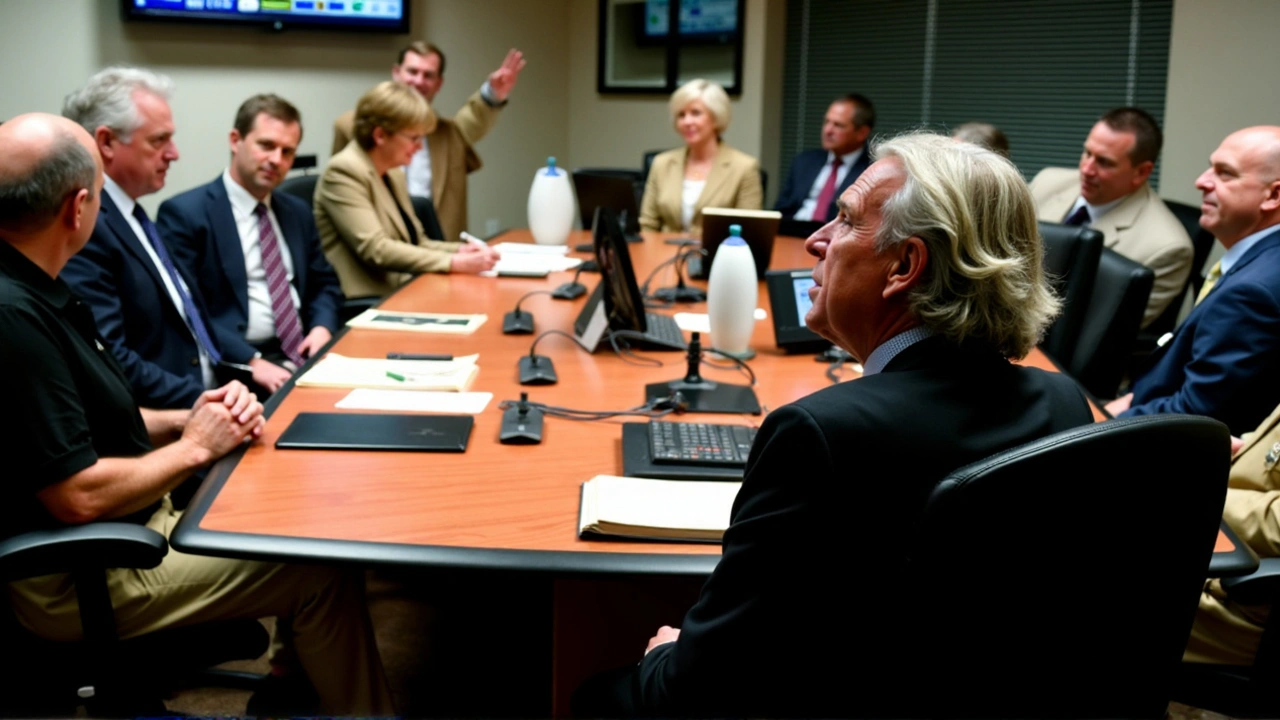State of Emergency: What It Means and How to Follow the News
When a government declares a state of emergency, life can change fast — curfews, roadblocks, limits on gatherings, and extra powers for security forces. Those steps are sometimes needed for public safety, like after a natural disaster or during violent unrest. But emergency rules can also be used to silence critics or shift blame. Knowing what to watch for helps you stay safe and spot when power is being abused.
On this tag page you’ll find our reporting and analysis about crises that trigger emergency measures. Recent pieces include Joseph Kabila’s surprise return to rebel-held Goma, which shook politics in DR Congo, and reporting on rising xenophobic attacks in South Africa — stories that show how instability and political moves can touch everyday life.
How we cover these stories
We focus on clear facts and context. That means we check official statements, local reporting, independent experts, and legal details like how long emergency powers can last and which rights can be limited. For readers, we translate the legal language so it’s easy to understand: what a curfew actually restricts, whether protests are allowed, and who enforces new rules.
We also point out the human side — how communities cope, which services are affected, and where help is available. For example, our coverage on South Africa’s xenophobia links the social tensions to wider state failures, showing how political choices ripple into public safety. Our DR Congo coverage explains who’s on the ground, what claims are being made, and what international bodies are saying.
What you can do now
Stay informed from reliable sources. Turn on alerts from trusted news providers, follow verified local authorities for directives, and cross-check social media claims before you share them. If there’s a curfew, plan essentials ahead: water, medicine, phone chargers, and important documents. Keep emergency numbers handy and know the location of the nearest clinic or aid center.
If you’re a journalist or concerned citizen, ask these questions when you see emergency measures: What legal basis is being used? Who authorizes the extension? Is there parliamentary or judicial oversight? Are humanitarian groups able to work? These details often reveal whether an emergency is proportionate or being misused.
Finally, protect your rights. If you’re affected by restrictions, contact local rights organizations or legal aid groups listed in our regional resources. We aim to highlight those contacts alongside our reporting whenever possible.
Browse the latest stories under this tag for on-the-ground updates, expert analysis, and practical advice. If you want updates pushed to you, subscribe to Continental Scout Daily alerts — we’ll send key developments straight to your inbox so you don’t miss what matters.
Governor Henry McMaster has declared a state of emergency in South Carolina in anticipation of Hurricane Helene. The storm is expected to bring tropical-storm-force winds, hazardous flooding, and storm surges, particularly affecting the Lowcountry coastline. Residents are urged to take precautions and stay informed.
Recent-posts
Nov, 2 2024






